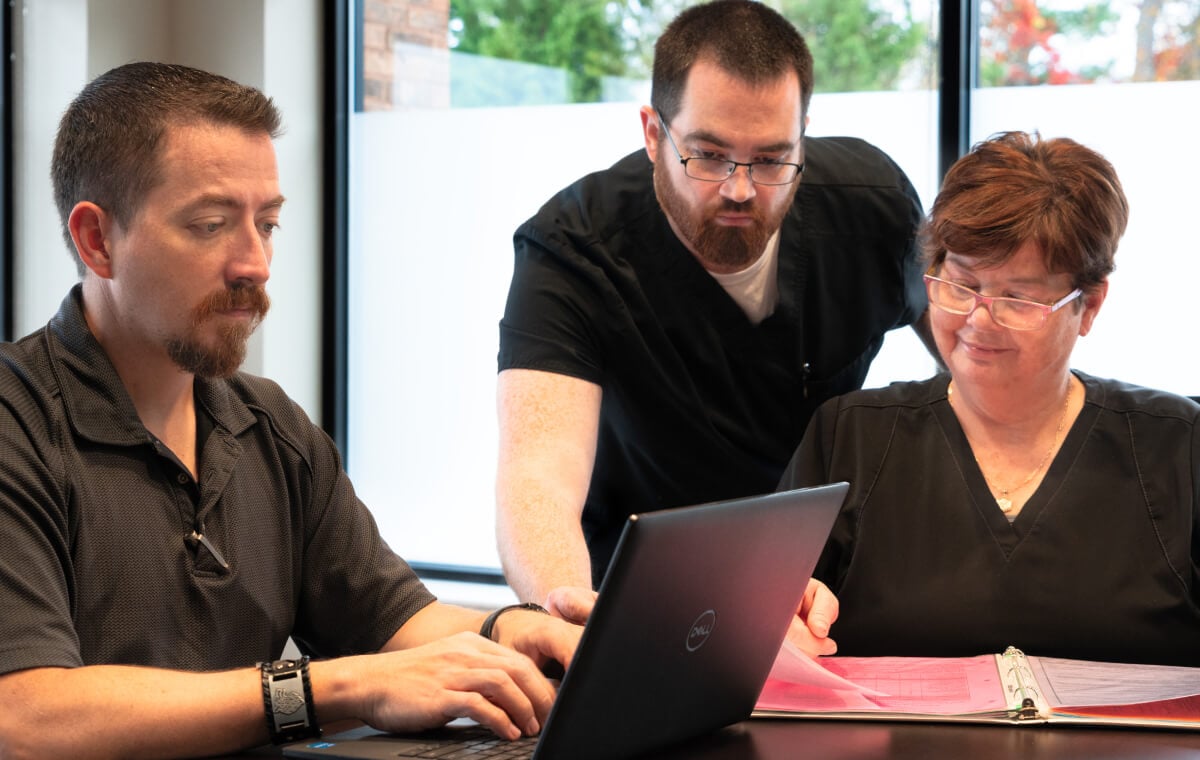Clinical Research:
The Future of Care in Real Time
Founded in 1980 by Dr. John Hoskins, Southeastern Retina Associates (SERA) has played a pivotal role in groundbreaking research studies for well over two decades. SERA has been the recipient of various awards and has been recognized nationally for its clinical excellence and contributions in the advancement of treatment for various retinal diseases. Read more to explore the impact of our research.
Our physicians place significant emphasis on their involvement in the latest clinical trials and continue to lead the way in the advancement of innovative treatments for our current and future patients. Previously, there were no proven therapies available for geographic atrophy for patients with dry macular degeneration. In 2023, we participated in a clinical trial for one of the now FDA-approved medications. This is just one example of the strides we're making to help all who need treatment for advanced eye diseases. However, these new and improved treatments would not be possible without the dedication of our research participants. SERA physicians and clinical trials staff sincerely appreciate the contributions of our patients, whose participation allows this incredible progress to happen and for these treatments to be made available to all who need them!
Southeastern Retina Associates participates in multiple clinical trials that are investigating new forms of treatment for macular degeneration, diabetic retinopathy, and various other retinal conditions.View our currently enrolling trials.

Why Patients Participate in Research
Clinical trials are at the heart of all medical advances, looking at better ways of preventing, detecting, and treating diseases. People volunteer to participate in these trials for a variety of reasons. Many consider it a way to play a more active role in their own health care, while having the additional attention and support of the research team and various other medical professionals. Some do so because of the potential opportunity to receive the newest treatments before they are made available to others. Many common retinal diseases are hereditary, and patients feel that their contributions now could possibly benefit their loved ones in the future. The most common reason for taking part that we hear from our patients here at SERA is simply the desire to help others by contributing to the advancement of medical science.
Read our patient testimonials to learn more about first-hand experiences with our program.
Join a clinical trial
If you're interested in learning more, please view our currently enrolling trials and contact our team with any questions you may have.
